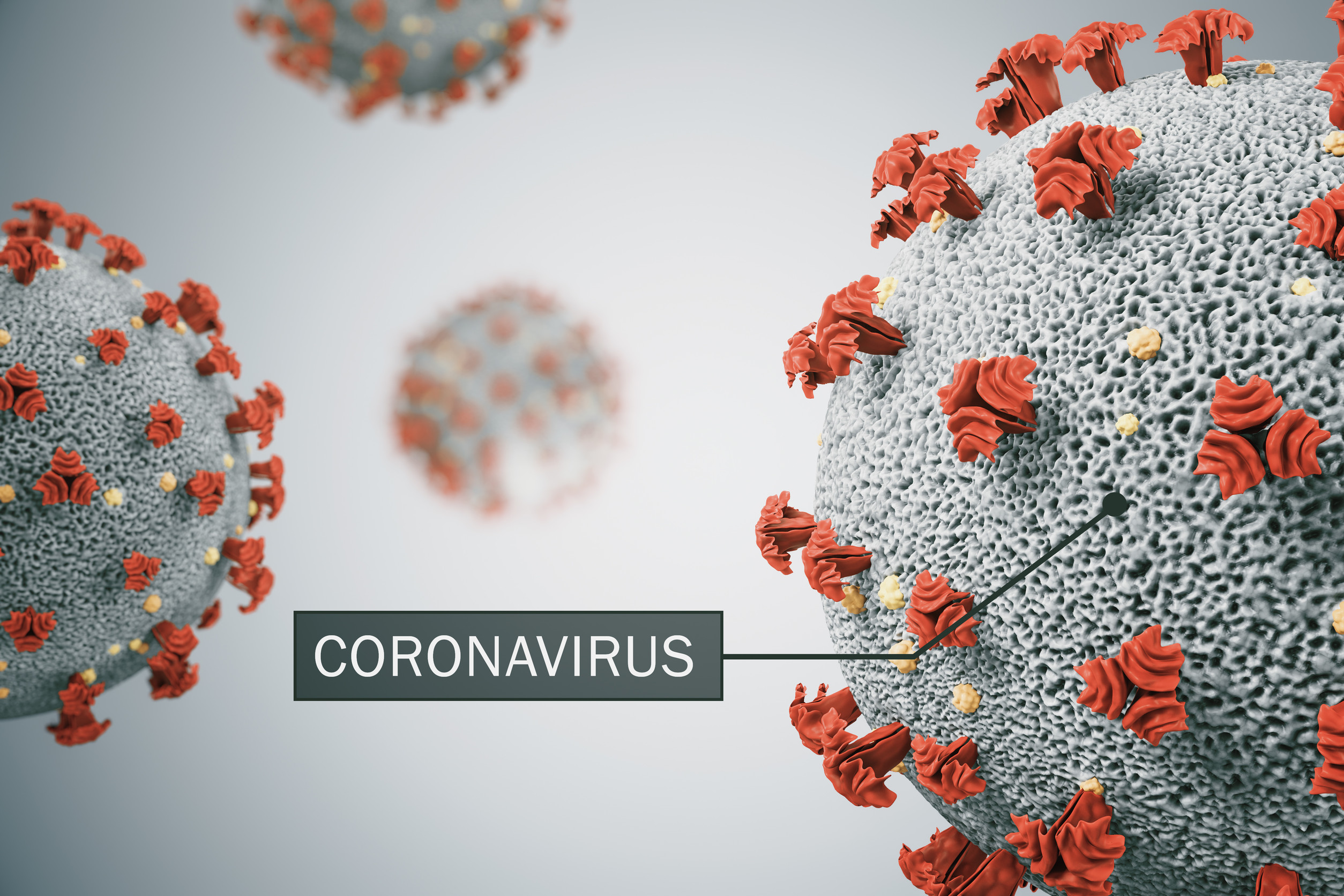
In Waggoner v. Anonymous Healthcare System, the Court of Appeals of Indiana reversed the trial court’s summary judgment in favor of a hospital system and several affiliated providers. The appellate court held that statutory immunity defenses under both state and federal law could not be resolved until the medical review panel determined the cause of the decedent’s injuries.
Background on COVID-19 Treatment and Hospitalization
Elmer Waggoner was hospitalized in early 2022 after experiencing severe symptoms related to COVID-19. During the course of his treatment, he developed a pressure wound that worsened over time and ultimately led to sepsis, necrotizing fasciitis, and death. His daughter, Shantel Waggoner, filed a proposed complaint with the Indiana Department of Insurance, alleging that over 80 healthcare defendants failed to meet the standard of care in preventing and treating the wound.
Several defendants petitioned for summary judgment, claiming statutory immunity under Indiana Code § 34-30-13.5-1(b), Indiana Code § 34-30-32-6, and the federal Public Readiness and Emergency Preparedness (PREP) Act. The trial court granted the motion and dismissed the case.
Immunity Dependent on Medical Causation
The appellate court determined that immunity under each of the statutes cited by the healthcare providers turned on causation—specifically, whether the decedent’s pressure wound and death arose from treatment for COVID-19 or from unrelated negligent wound care. Indiana law requires that issues of medical causation be determined first by a medical review panel before court adjudication.
Because the plaintiff presented an expert opinion stating that inadequate wound care was the cause of death, and because the state and federal immunity statutes all depend on whether treatment "arose from" the emergency response to COVID-19, the court found that summary judgment was premature.
The court also noted that some treatment occurred after the formal end of the state emergency, which limited the potential scope of immunity under Indiana law. Additionally, the PREP Act’s protections related to countermeasures required further factual development.
Case Remanded for Review Panel Determination
The Court of Appeals reversed the trial court’s ruling and instructed the lower court to deny the immunity-based summary judgment motion. The case was remanded for evaluation by the medical review panel, which must assess whether the cause of injury and death stemmed from COVID-19-related treatment or separate alleged negligence.
Medical Malpractice Compliance Support
Healthcare providers may face procedural challenges when asserting statutory defenses in medical malpractice claims. Our attorneys at Whitcomb, Selinsky, PC assist clients in navigating healthcare liability disputes, including medical review processes and the application of immunity protections.


